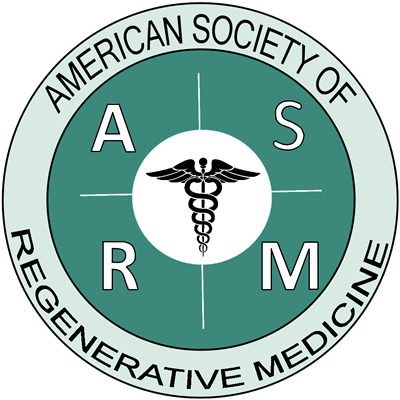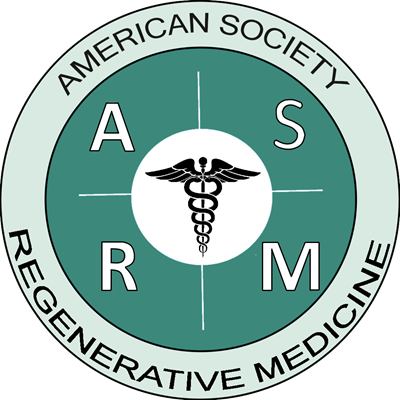Human Kidney Organoids Developed from Fetal Progenitors Open Path to Early Diagnosis and Regenerativ
Published 2025-08-25
Researchers have successfully grown human fetal kidney organoids in vitro, using progenitor stem cells to replicate key developmental stages over six to eight months—the approximate duration of human gestation. The research was conducted by led by Dr. Benjamin Dekel at the Safra Children’s Hospital at Sheba Medical Center and Tel Aviv University, Israel. This achievement provides a detailed, dynamic model of renal organogenesis, enabling deep insight into congenital kidney anomalies, early-stage disease mechanisms, and potential genetic interventions. Crucially, the platform also offers a high-fidelity system for testing drug toxicity during prenatal development—an ethically complex and often under-studied area.
This advancement is poised to transform both diagnostic and therapeutic strategies in nephrology. By bridging the gap between basic developmental biology and clinical application, these kidney organoids could lead to earlier detection of defects, improved screening tools, and refined gene-mapping for prenatal regenerative interventions. As next steps, efforts can focus on enhancing organoid maturity, integrating vascularization, and moving towards transplantable constructs.
Search our Directory
AABRM Members are not only experts in regenerative medicine but offer a wide range of related products, services and related-procedures in that field. Search our extensive Member Directory to find a Member near you.
Member Directory
